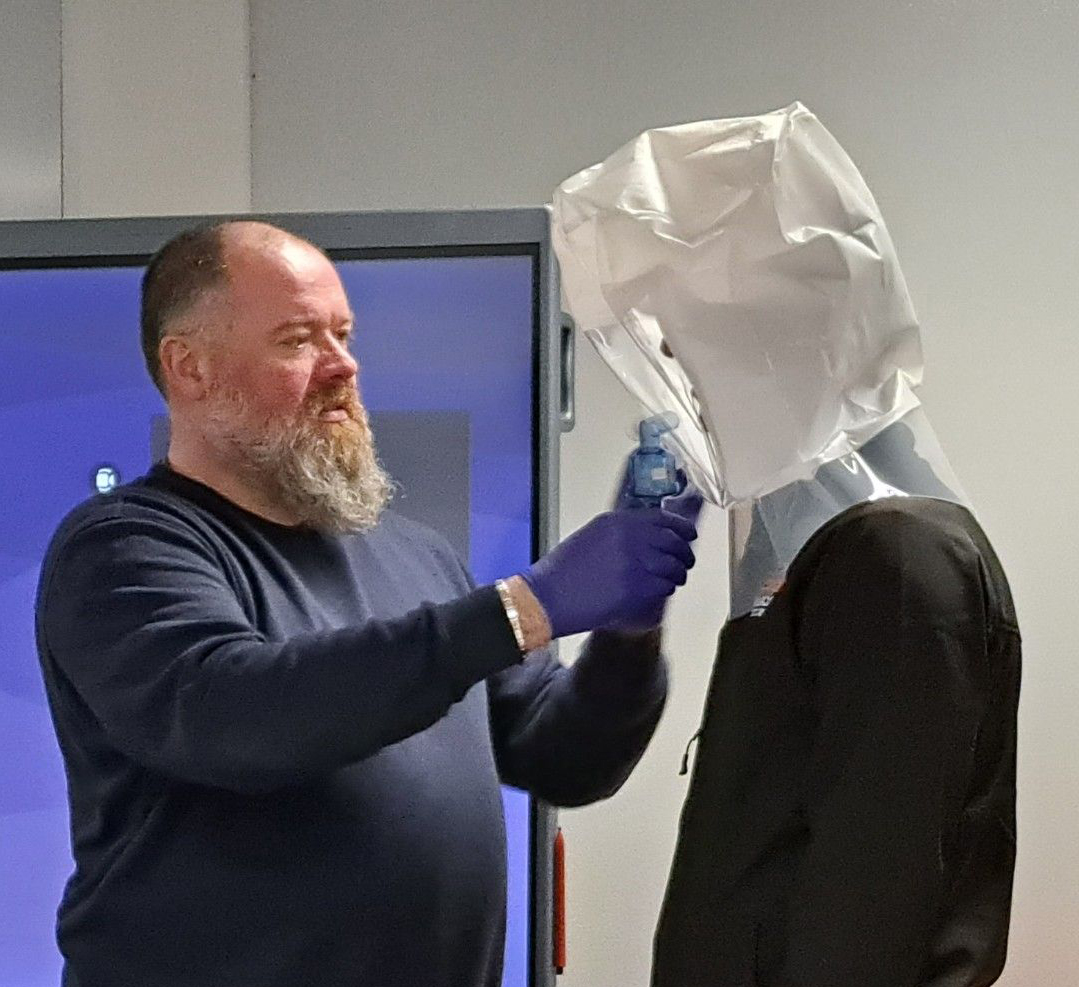Introduction
Any street works site must have at least one qualified operative and supervisor appointed to the site who can oversee the works. The supervisor need not be always on site but must be able to adequately carry out the role. The supervisor qualification does not replace or overrule the operative qualification, if you already have the operative qualification, you can hold both qualifications, however you cannot cover the same role simultaneously.
Accredited to SQA, CITB, CAWBI or the relevant awarding body.
This 5-day full NRSWA operative course is for anyone who wants to undertake all of the physical works on the roads within the UK. Including excavation, backfill, reinstatement, signing, guarding and using tarmac and cold-lay materials.
Our comprehensive training programme is focused on reducing the risks of utility strikes in the construction and infrastructure industry. Our experienced team of trainers can support any candidate, regardless of their experience, to be fully competent to undertaking all the physical works on the roads of the UK.
There are 9 NRSWA operative units of competence with the New Roads and Street Works Act for Operatives to study.
Using a blended approach of onsite practical learning and theory in a classroom environment, our courses place a strong emphasis on safety to ensure candidates develop the right skills carry out excavation, backfill, reinstatement, signing, guarding, and using tarmac and cold lay materials.
This course can be delivered at the academy or on site if conditions are suitable.

Course Outline
This course has been designed to cover the following areas:
Monitoring excavation in the highway. Unit 1, 10, 11 (LA, S1, S2).
Monitoring excavation, backfilling and reinstatement of construction layers with bituminous materials. Units 1, 10, 11, 12, 13 and 14 (LA, S1-S5).
Monitoring reinstatement of construction layers in bituminous materials. Units 1, 10 and 14 (LA, S1, S5).
Monitoring reinstatement of concrete slabs. Units 1, 10 and 15 (LA, S1, S6).
Monitoring reinstatement of modular surfaces and concrete footways. Units 1, 10 and 16 (LA, S1, S7).
Monitoring signing, lighting and guarding. Unit 10 only (S1).
On Completion
Upon successful completion and achievement of this course, learners will be awarded from one of the following awarding bodies: CAWBI, SQA or City and Guilds. You will then be registered on the SWQR register and receive a card. This is valid for five years and must be renewed at that time.
Who Should Attend?
This course is designed for both new entrants and existing construction and utility sector workers who are carrying out their roles around utilities. This will also benefit managers and supervisors who are required to oversee and/or carry out this type of work.
All attendees are required to provide photographic identification prior to attending the course.
Course Duration
The minimum guided learning hours for a NRSWA Supervisor all units streetworks is 5 days.
FAQs
I am not fit/have a bad leg etc. Should I still take the test?
Yes – this evaluation is not a measure of your fitness; rather, it assesses the adequacy of the mask’s fit on your face. It focuses on the mask’s effectiveness in forming a secure seal, ensuring your safety, irrespective of your fitness level.
Why do I need to be Face fit tested?
People have different shapes and sizes of faces so one type of mask is not going to be suitable for all. A poor understanding of how to fit a face mask will lead to long term ill health of the wearer.
Who says I need to be Face fit tested?
The substantiating evidence for Control of Substances Hazardous to Health (COSHH), Control of Lead at Work (CLaW), and Control of Asbestos Regulations (CAR) advocates for the implementation of face fit testing as a crucial method to guarantee a sufficient face seal, promoting safety and compliance within these regulatory frameworks.
Do we need a risk assessment for on-site training?
Yes – you need to make sure your premises have a 240v power supply, that your classroom is big enough and that the practical area has been risk-assessed and suitable before any training takes place.

